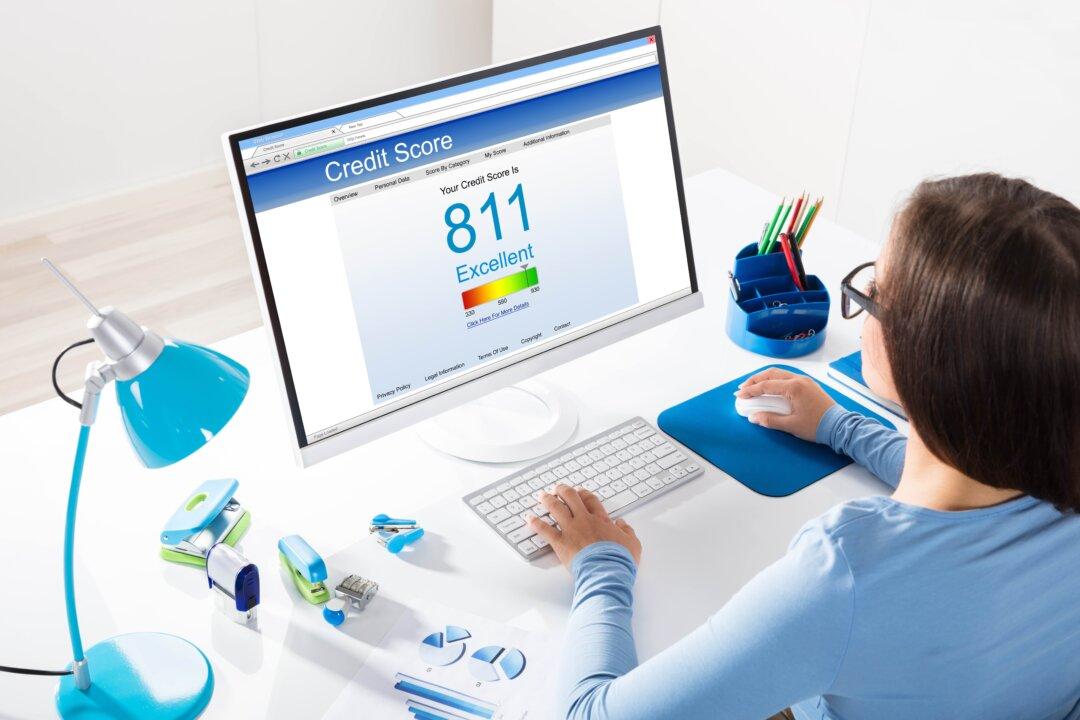Tax Day has passed, and you already know if you will get a tax refund. Most people have a good idea of what they want to do with it shortly after learning how much will be coming to them. It usually involves taking a vacation or buying something you have wanted for a long time. A few others see it as an opportunity to reduce their overall debt, which is a good idea.
One thing that most people rarely think of is to use your tax rebate to boost your credit. It would have a long-term benefit—if you can control your spending.






